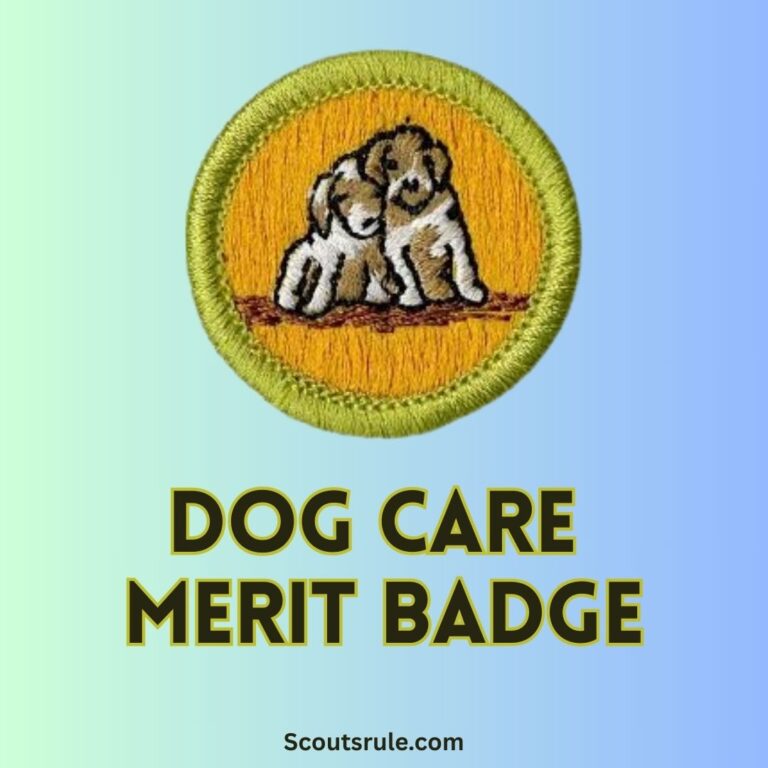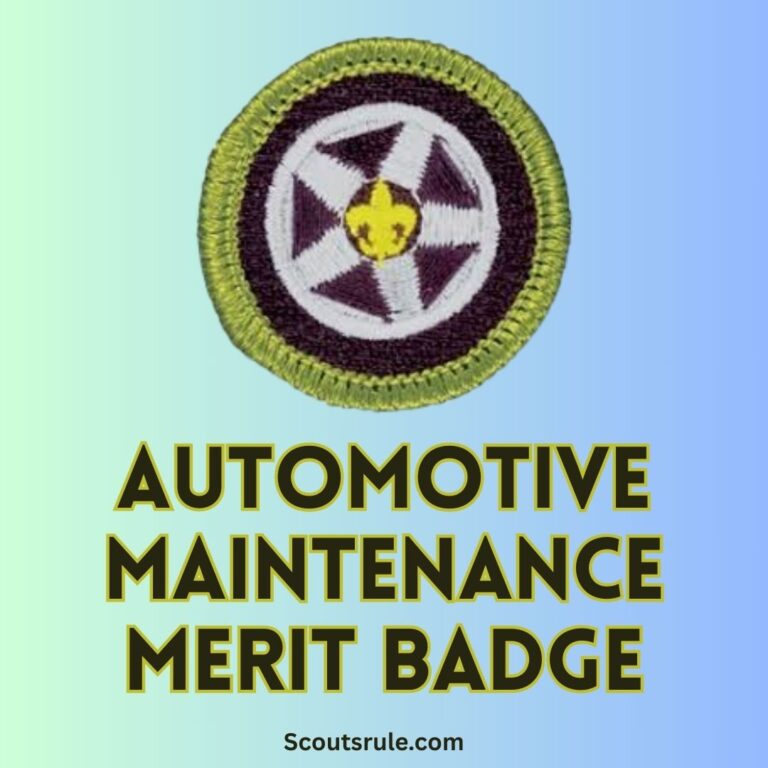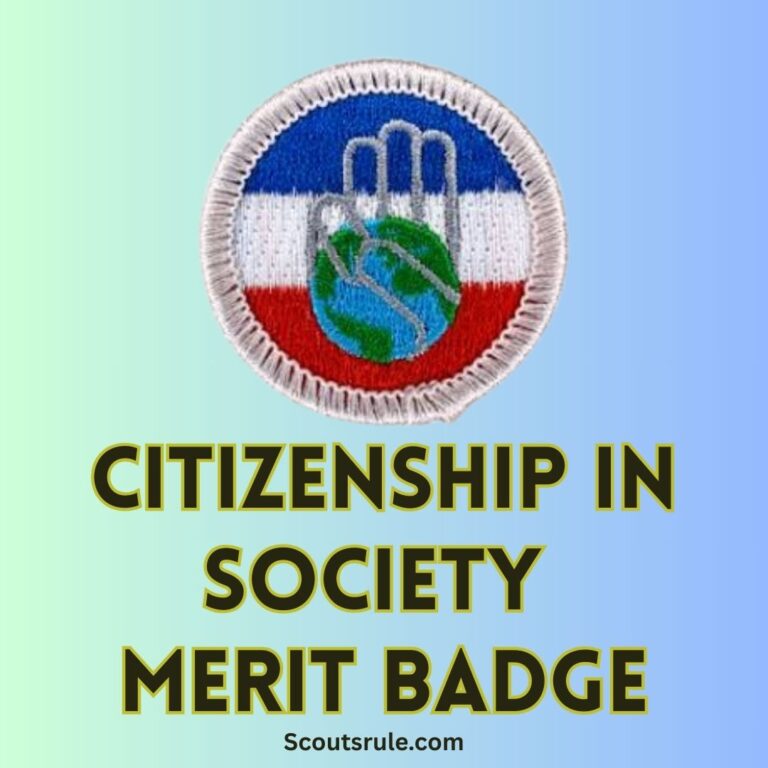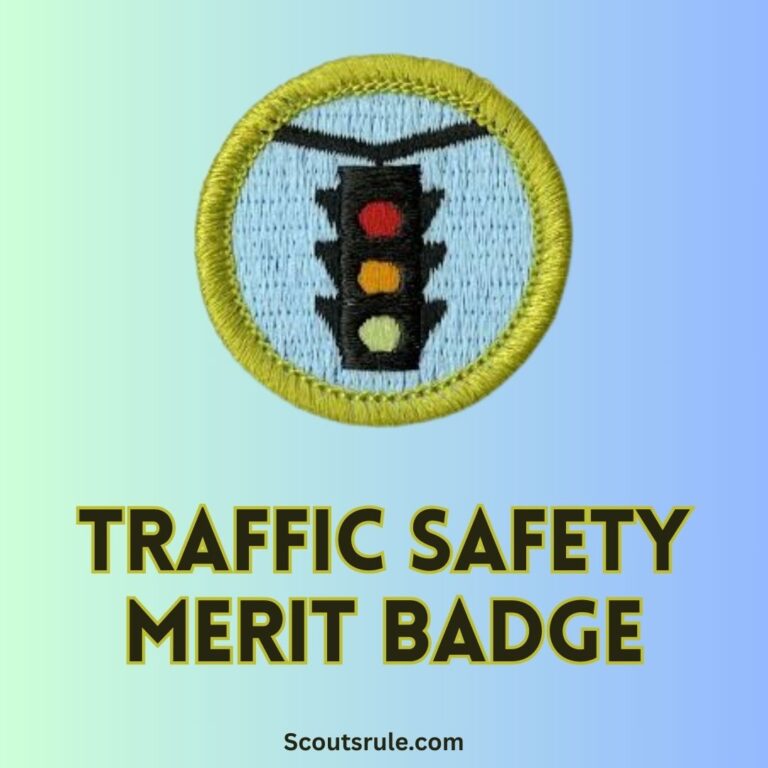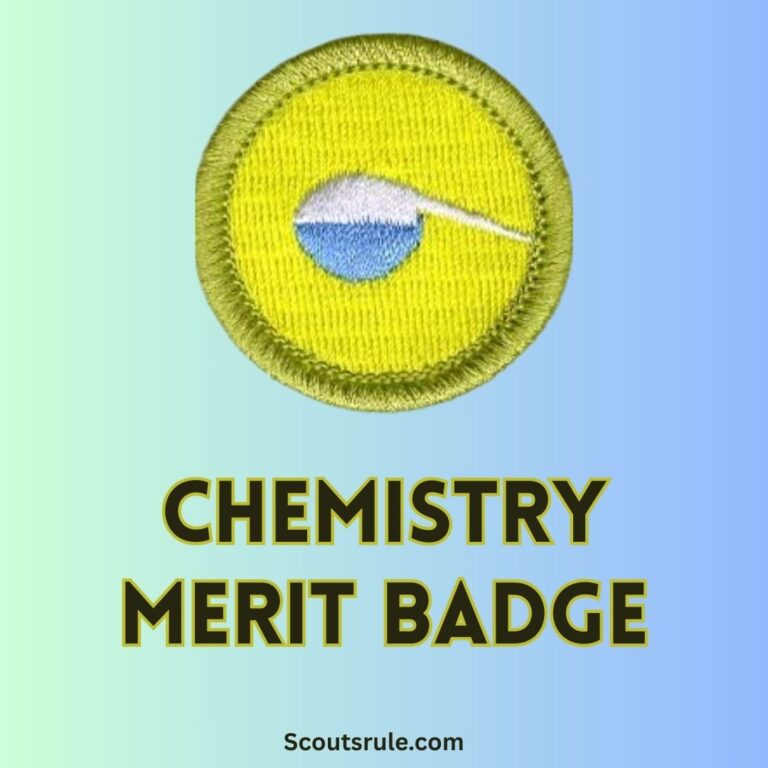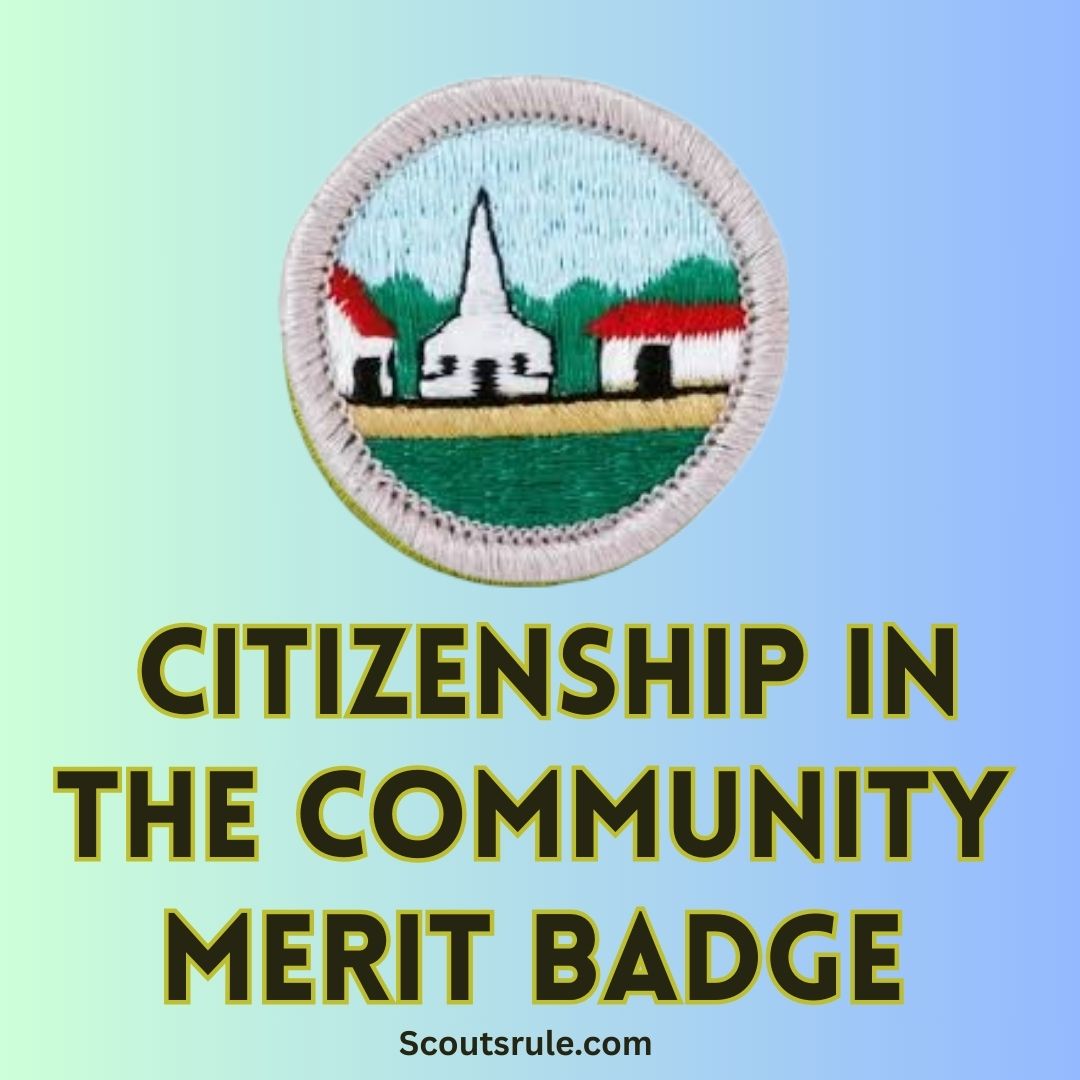
In today’s democratic society, being an effective citizen goes well beyond knowing your rights—it’s about actively contributing to the well‑being of your community. The Citizenship in the Community Merit Badge challenges you to reflect on the concept of community citizenship and then put your learning into practice. Throughout the badge’s requirements, you’ll examine the structure of local government, observe civic meetings, engage in meaningful dialogue with government officials, and even volunteer with a local charitable organization. By working through these activities, you’ll gain a deeper understanding of your civic responsibilities and learn how you can help make your community better.
In this guide, we break down the badge requirements into clear sections, provide background on the principles of citizenship, offer step‑by‑step instructions for each activity, and include helpful tips for reflection and follow‑up discussions with your counselor.
Post Contents
- 1. Understanding Citizenship in the Community
- 2. The Rights, Duties, and Obligations of Citizenship
- 3. Mapping Your Community and Identifying Key Locations
- 4. Attending a Local Government or Civic Meeting
- 5. Interviewing a Local Government Representative
- 6. Watching a Movie About Community Impact
- 7. Investigating Local Public Services
- 8. Investigating and Volunteering With a Charitable Organization
- 9. Bringing It All Together: Reflection and Future Involvement
- 10. Practical Tips for Success
- 11. Final Thoughts: Embracing Your Role as a Community Citizen
1. Understanding Citizenship in the Community
What Does Citizenship in the Community Mean?
Before you dive into the hands‑on activities, it is essential to answer a personal question: What does it mean to be a citizen in your community? Citizenship isn’t just a legal status—it’s a commitment to participating actively in the life of your community. Think about how you interact with your town or city, your school or church, and your local neighborhood. A “good” citizen in your community is someone who:
- Takes personal responsibility: Acting with integrity, following community rules, and caring for both personal and public spaces.
- Stays informed: Keeping up-to-date with local events, public meetings, and community issues.
- Engages in service: Volunteering time, skills, or resources to improve community conditions and help others.
- Respects local institutions: Understanding the roles of local government, public safety, and educational institutions, then working with or within them for the common good.
Your merit badge workbook is the perfect place to record your own definition of “citizenship in the community.” Reflect on the many ways your daily life is intertwined with your neighbors, local government, and community institutions. (See for official merit badge guidance.)
2. The Rights, Duties, and Obligations of Citizenship
A. Understanding Your Rights and Responsibilities
As a citizen of the community, you enjoy certain rights—and along with those rights come important duties and obligations. Consider the following:
- Rights: Access to public services, the freedom to express your ideas, and the ability to vote in local elections. These rights allow you to have a voice and to influence decisions that affect your community.
- Duties: Attendance at community meetings, participation in local elections, and the commitment to obeying local laws all ensure the community functions smoothly. In addition, being involved in activities such as volunteering, respecting public property, and working together with neighbors are vital parts of your civic role.
- Obligations: Beyond personal freedoms, obligations include staying informed, speaking up about issues, and understanding the impact of your actions on the community as a whole. By clarifying these aspects in your merit badge workbook, you build a foundation for how you will engage actively in local civic life.
B. How to Demonstrate Good Citizenship
Your merit badge counselor expects you to explain how you can demonstrate good citizenship in your community, Scouting unit, place of worship, or school. Think about specific examples, such as participating in community service projects, attending local government meetings, or even volunteering at a community center. Record these ideas and be prepared to discuss them during your counselor meetings.
3. Mapping Your Community and Identifying Key Locations
An early requirement for the Citizenship in the Community Merit Badge involves using a community map—either a physical map or an electronic device—to locate vital public buildings and facilities. You are asked to:
- Locate Chief Government Buildings: Identify places such as your city hall, county courthouse, and any public works or services facilities. These institutions are the nerve centers of your community’s civic operations.
- Identify Essential Services: Mark the location of your fire station, police station, and the nearest hospital. Understanding these locations is important not only for civic knowledge but also for personal safety.
- Mark Parks and Recreational Areas: Identify parks, playgrounds, recreation areas, and trails in your community. These locations are essential to community well‑being, providing spaces for social interaction and healthy lifestyles.
- Note Historical or Interesting Points: Include historically significant locations or other interesting points of interest that contribute to your community’s unique identity.
- Chart Your Local Government Organization: Using your map, chart out the organization of your local or state government. Identify the top offices and note whether these positions are held by elected officials or appointed leaders. Doing so will provide you with a clear picture of how local government is structured and how decisions are made.
When you complete this mapping exercise, neatly document your work using a printed map with annotations or a digital map with marked locations. Prepare to share and discuss your findings with your counselor. (Reference: U.S. Scouting Service Project documentation and official BSA resources 1.)
4. Attending a Local Government or Civic Meeting
A. Observing Civic Engagement in Action
To gain firsthand experience with local government, you are required to attend a meeting of your city, town, or county council or a school board meeting (or you may attend a municipal, county, or state court session). During this meeting, focus on the issues discussed, paying close attention to:
- Points of Difference: Notice an issue where differing opinions are clearly expressed. In your workbook, record the specifics—what the issues are, the range of opinions presented, and any debates that occur. /// /// For example, you might witness discussions about community development projects or zoning changes.
B. Analysis and Reflection
After the meeting, choose one issue that caught your interest and explain why you agree with one of the opinions more than another. Consider the following questions for your reflection:
- What are the implications of the issue for your community?
- How do the opinions presented align with the values or needs of the citizens?
- What evidence was cited to support these opinions, and which argument resonated with you, and why?
Record your analyses in your workbook and be ready to discuss your insights with your counselor. This exercise is designed to build your capacity for critical thinking and help you understand the practical side of civic discourse.
5. Interviewing a Local Government Representative
A. Selecting and Researching an Issue
Choose an issue that is important to the citizens of your community. This could be something like public safety, infrastructure, or environmental concerns. Then, determine which branch of your local government is responsible for addressing this issue (for instance, the city council, the mayor’s office, or a public works department).
B. Carrying Out the Interview
With the approval of your counselor and a parent or guardian, arrange to interview one person from that branch. Prepare a set of questions to ask—some examples include:
- What is the current status of the issue?
- What actions are being taken to address it?
- How can young people like yourself contribute to finding a solution?
Take detailed notes during your interview. Reflect on what you learn and prepare a summary explaining how the official’s input affects your understanding of civic duty. Share your summary with your counselor during your meeting.
6. Watching a Movie About Community Impact
A. Choosing an Inspiring Film
With your counselor’s and parent’s approval, watch a movie that shows how the actions of a single individual or group can have a positive impact on a community. The film should highlight themes of leadership, social change, or community service. This visual and emotional experience will help you visualize how civic engagement and activism bring about meaningful change.
B. Reflecting on the Message
After watching the movie, discuss with your counselor:
- What lessons did the film teach about community service and citizenship?
- How did the actions of the characters inspire you to think differently about your role in your own community?
- What similarities do you recognize between the film’s narrative and real‑life local issues?
Write a reflective essay or journal entry describing what you learned from the movie and how it has influenced your views on civic involvement.
7. Investigating Local Public Services
A. Identifying Key Services
List some services your community provides that are funded by taxpayers. These might include:
- Public libraries
- Recreation centers
- Public transportation systems
- Public safety departments (police, fire, emergency services)
B. Understanding Their Impact
Explain to your counselor why these services are important to your community. Consider:
- How they contribute to the quality of life for residents.
- How they support economic growth, education, and public health.
- The role each service plays in building a resilient and thriving community.
Document your explanations and use examples from your local area to illustrate your points. This analysis will demonstrate your understanding that public services are essential components of community infrastructure.
8. Investigating and Volunteering With a Charitable Organization
A. Researching Local Charities
Identify three charitable organizations outside of Scouting that work to bring community members together for the common good. Choose organizations that interest you—perhaps one that supports the homeless, provides educational services, or focuses on environmental conservation. Gather information about each organization using a variety of resources:
- Online research (websites, social media, local news)
- Printed literature (brochures, fliers)
- Conversations with community members or employees of the organization
B. A Closer Look: Contacting and Volunteering
Select one of the organizations for a deeper investigation. With permission from your counselor and parent, contact the organization to learn more about what young people can do to help. Ask questions such as:
- What volunteer opportunities are available?
- How does their work impact the community?
- How can your skills or interests best contribute to their mission?
Once you’ve gathered the necessary information, commit to volunteering at least eight hours with the organization. Record your experience—what tasks did you perform, how did the experience affect you, and what positive changes did you witness in the community? Your hands‑on experience is vital for understanding that good citizenship includes serving others.
9. Bringing It All Together: Reflection and Future Involvement
A. Reflecting on Your Journey
After completing the various requirements, take time to reflect—both in your merit badge workbook and in conversations with your counselor—on what you have learned about citizenship in the community. Consider questions like:
- How have the assignments deepened your understanding of your rights and duties?
- In what ways has visiting local government sites, attending meetings, and volunteering impacted your view of civic responsibility?
- What future actions might you take to continue growing as an engaged citizen?
Writing an extended reflection or essay helps solidify your understanding and allows you to set goals for future civic involvement.
B. Planning for Future Civic Engagement
The lessons learned while working on this merit badge are not meant to end with your badge presentation. Think about how you can incorporate these ideas into your everyday life:
- Perhaps continue to attend local government meetings.
- Consider joining community service groups beyond Scouting.
- Stay informed about local issues and spread the word among your peers.
Your commitment to active citizenship—whether through investigating government, volunteering, or simply staying engaged in local events—is a lifelong journey that starts with small, meaningful actions.
10. Practical Tips for Success
Here are a few practical steps to help you complete the Citizenship in the Community Merit Badge with confidence:
- Maintain a Detailed Workbook: Record every assignment, note your observations during meetings or visits, and write down reflections after each activity. This record not only serves as a resource for your counselor but also as a personal diary of your civic growth.
- Engage Family and Community Leaders: Share your assignments with parents, teachers, or community leaders. Their feedback—and personal experiences—can provide additional insights.
- Utilize Multiple Sources: When researching local government structures or charitable organizations, rely on diverse sources such as official websites, local newspapers, and interviews with community members.
- Be Open-Minded: Recognize that opinions and issues can be complex. Respectful discussion with your counselor and others will help you understand the many facets of community citizenship.
- Plan Ahead: Scheduling visits to landmarks, public meetings, or volunteer activities in advance ensures a smooth process and shows that you take your civic responsibilities seriously.
11. Final Thoughts: Embracing Your Role as a Community Citizen
Earning the Citizenship in the Community Merit Badge is more than a project—it’s a transformative experience that guides you toward becoming an active, responsible, and informed citizen. By mapping your community, understanding local government, witnessing civic engagement firsthand, and volunteering with organizations that make a difference, you are building a foundation for a lifetime of public service.
Remember that every step you take—whether attending a city council meeting or writing a letter to your local representative—is an opportunity to influence positive change. Your journey through this merit badge not only enriches your personal understanding of civic duties but also strengthens the bonds that tie your community together.
May you carry forward the lessons of active participation, civic responsibility, and community service as you continue to grow into a leader in your community. Your voice matters, and your actions—no matter how small—can contribute to the betterment of society.
Happy exploring, serving, and learning—and may your path toward engaged, informed citizenship be as rewarding as it is transformative!

Hi, Robin here, A former lead Scout and here I share my inspiring stories about USA Scouts, leadership, adventure, how to guides and more.

